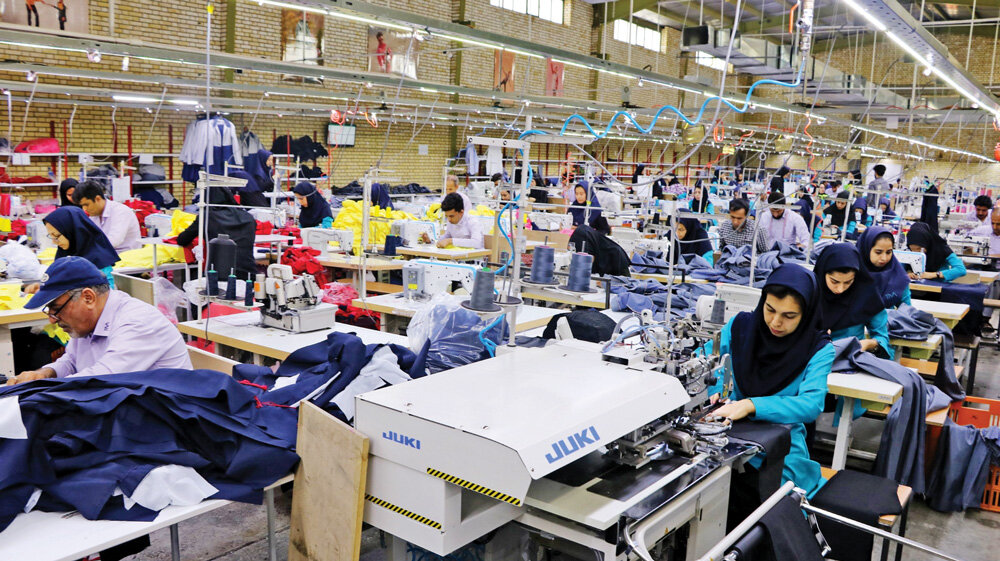Private sector bidding to shield production from coronavirus

TEHRAN – Head of Iran Chamber of Commerce, Industries, Mines and Agriculture (ICCIMA), in a letter to President Hasan Rouhani, suggested ways for supporting domestic production against the economic impacts of the coronavirus pandemic.
In the letter, Shafeie noted that the cabinet's decision to support 10 major business categories does not include the production sector and this sector has been largely neglected.
The official underlined the need for supporting the production units that were fully active before the coronavirus outbreak and had great potentials for contributing to the country’s economic growth but the pandemic interrupted their activities.
Extension of the tax deferrals offered by the government, returning of at least 50 percent of the value-added tax that exporters paid in the previous year, granting tax exemption or tax reduction of at least 5 percent for the previous year, and extension or renewal of all business licenses without the need to obtain a tax certificate subject to Article 186 of the Law on direct taxes, were some of the supportive measures suggested by the ICCIMA head.
The suggestions also included providing working capital facilities with easy conditions and low rates for those production units and production support services that have been unable to pay their debts and settle their payments due to reduced sales, releasing a part of the deposits that have been blocked in the banks as guarantees and receiving non-cash guarantees by the banks, and obligating the executive bodies to adjust the duration and amount of their contracts with the production units in accordance with force majeure conditions to protect them and prevent them from bankruptcy.
Back in March, Heads of Iran Chamber of Commerce, Industries, Mines and Agriculture, Iran Chamber of Cooperatives (ICC), and Iran Chamber of Guilds (ICG) had also wrote a letter to President Rouhani, calling for special measures to be taken for supporting various economic sectors at least until the end of the summer (September 22, 2020).
EF/MA
